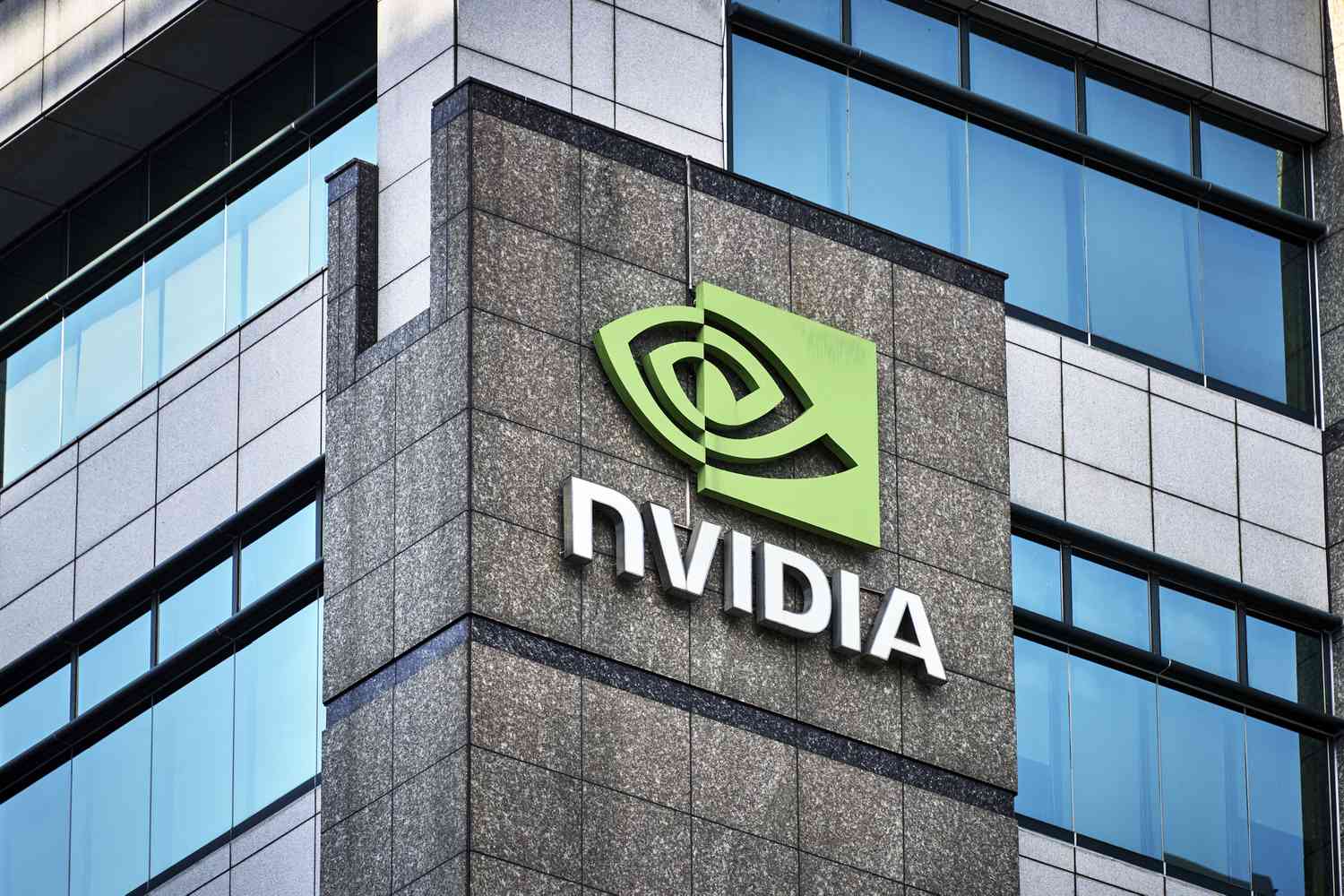
H20 Chip Blocked Despite Compliance Efforts
Nvidia announced a potential $5.5 billion loss following new US export curb on its H20 AI chips to China. The move shocked markets, sending Nvidia’s shares down 5% in pre-market trading. The H20 chip was specifically designed to comply with earlier US regulations and allowed continued sales to China until now.
US Tightens Export Rules Amid Tech Tensions
The US Commerce Department informed Nvidia that the H20 would now need a special export license. The decision comes amid ongoing concerns over China’s military use of American AI technology. These new rules affect not only Nvidia but also AMD’s MI308 chips and other equivalents.
A department spokesperson stated the change supports President Biden’s directive to protect national and economic security.
China’s AI Push and DeepSeek’s Impact
China’s AI ambitions surged this year after DeepSeek used Nvidia’s H20 to develop R1, a reasoning AI model compared to ChatGPT. It was trained at significantly lower costs, triggering an AI boom in China and raising alarm among US lawmakers.
Analysts say the development added pressure for tighter chip controls. In response, both Democrats and Republicans supported stronger regulations on AI chip exports.
Nvidia’s Growing Challenges in China
Nvidia reported that China made up 13% of its revenue last year. Losing access to this market poses serious challenges. The company said the charges stem from H20 related inventory, purchase commitments, and reserves.
Despite local efforts, Chinese chip alternatives from Huawei and Cambroon still lag behind Nvidia’s H20 in both performance and software reliability.
Strategic Blow, but Not a Knockout
Tech analyst Dan Ives from Wedbush Securities called the move a “strategic blow” but not devastating. He warned that more trade restrictions are likely as the US-China tech war escalates.
Nvidia now faces long-term uncertainty over how, or if, licenses will be granted. The company declined to comment further, directing the public to its official filing.
Industry Concerns and Economic Fallout
Critics argue that repeated sanctions could harm US innovation and global competitiveness. In a blog post, Ned Finkle, Nvidia’s VP of government affairs, warned that continued restrictions may “derail innovation” and stall economic growth worldwide.
What’s Next?
The Biden administration’s global export framework is expected to roll out next month. These sweeping rules will extend restrictions beyond direct US-China transactions, targeting third-party countries to prevent technology rerouting.
With tensions rising and more limitations on the horizon, the stakes are growing in the battle for AI and semiconductor supremacy.
Check out other interesting news:





